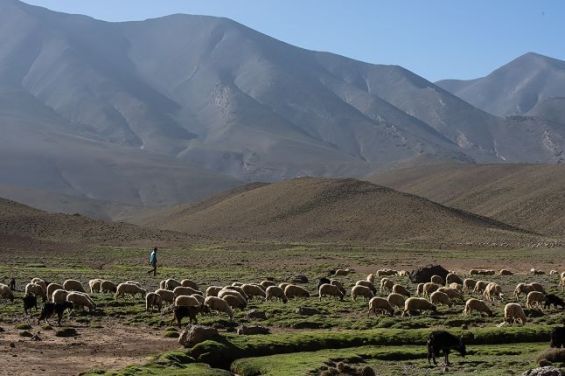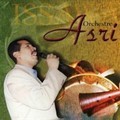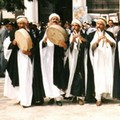Did you know? Moroccans whistle-talk! Nestled within the rugged terrain of the Atlas Mountains lies a unique and age-old tradition : communication through whistling.
Here, amidst the whispers of wind and melodies spun by nature, the inhabitants have developed a complex language, «tutlayt n ansagh», literally translating to «the language of whistle».
This intricate system predates the convenience of modern technology, serving as a vital tool for communities separated by vast distances. Imagine shepherds tending their flocks across valleys, or villagers needing to relay messages before the era of phones and texting. Whistling offered a solution, allowing clear communication even when shouting was impractical or sending a messenger inconvenient.
Whistled echo of spoken words
But this isn't just random whistling. Think of it as an «ancient whistled echo» of spoken words, as linguists have described it. «Tutlayt n ansagh» is derived from Tamazight, one of Morocco's official languages, carrying the essence of its sounds and structure into a simpler melodic line.
Whistled Tamazight «greatly shades into Tashlhiyt and shares with it major phonological properties», wrote linguists Julien Meyer, Bernard Gautheron and Rachid Ridouane in a paper titled «Whistled Moroccan Tamazight: phonetics and phonology» (18th International Congress of Phonetic Sciences, Aug 2015, Glasgow, France).
Researchers studying this intriguing phenomenon explain that it's not just about random tones; it's a precise manipulation of frequency and amplitude, creating a «whistled signal» that carries «key phonetic cues» of the original spoken language.
Whistled Tamazight and El Silbo
Intriguingly, this practice isn't confined to the Atlas Mountains. In fact, whistling languages exist in over 40 remote communities around the globe, each with its own unique melody and purpose.
Just a short hop from Morocco, on the Canary Island of La Gomera, another vibrant whistling language thrives. Known as «El Silbo», it carries echoes of the ancient Guanche language, an Amazigh language, even though it has adapted to Spanish.
El Silbo has received recognition as a UNESCO Masterpiece of the Oral and Intangible Heritage of Humanity, highlighting its cultural significance.
While El Silbo enjoys well-deserved appreciation, «tutlayt n ansagh» continues to await wider recognition. Although actively practiced by many in the Atlas Mountains, it needs further study and documentation to fully understand its intricacies and preserve its legacy. This centuries-old tradition, where whistles replace words and melodies carry messages, stands as a testament to human ingenuity and the enduring power of cultural expression.





 chargement...
chargement...













